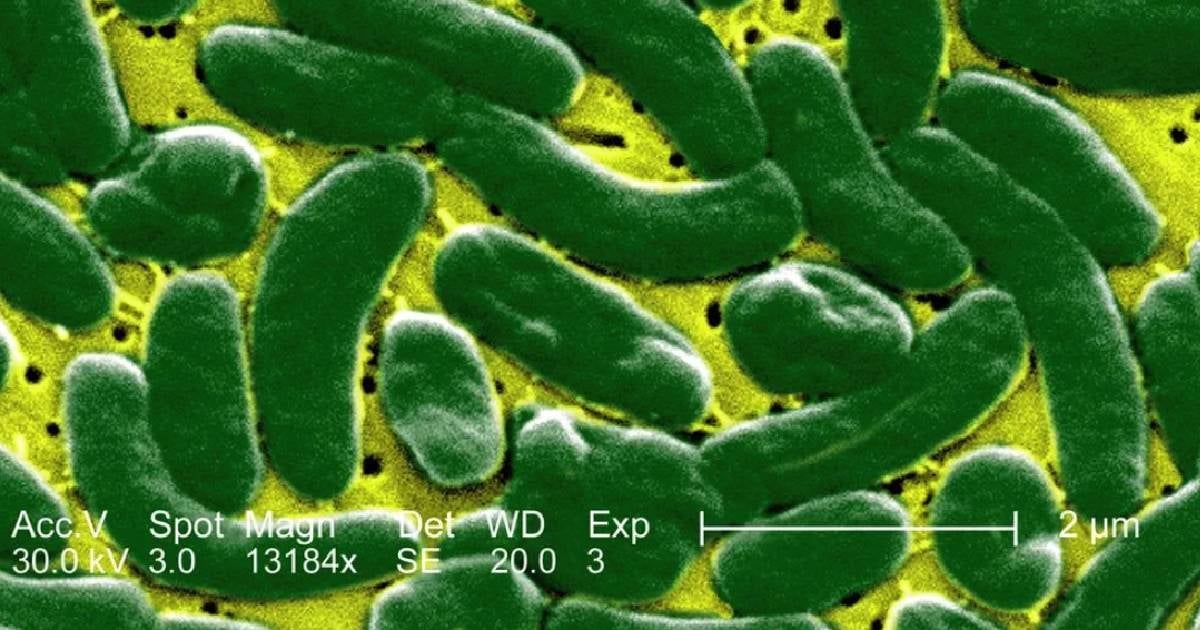Florida is grappling with a concerning rise in cases of flesh-eating bacterial infections that can be fatal to humans, following the destructive hurricanes Helene and Milton, as reported by the state's Department of Health. The Vibrio vulnificus bacteria, typically found in warm coastal waters, have proliferated due to heavy rains and flooding caused by these storms, particularly affecting Hillsborough and Pinellas counties in the Tampa Bay area, according to the publication Mirror.Co.
Before Hurricane Helene made landfall on September 26, Pinellas had no reported cases of this bacteria, while Hillsborough had just one. Currently, Pinellas reports 13 confirmed cases and Hillsborough has recorded seven. Statewide, the number of cases has soared: from six cases before the hurricane to 24 by the end of September, and an additional 38 cases since then, bringing the total to 76 for the year.
Infection Risks and Vulnerable Populations
Individuals can contract Vibrio vulnificus by ingesting contaminated water, exposing open wounds to it, or consuming improperly cooked shellfish. Those with compromised immune systems, liver diseases, or open wounds are at higher risk for severe infections, as warned by health officials.
According to the Centers for Disease Control and Prevention (CDC), between 150 and 200 cases of Vibrio vulnificus are reported annually in the United States, with about one in five infected individuals dying, often within one or two days of symptom onset.
Preventive Measures Amid Hurricane Milton
In light of Hurricane Milton, the Florida Department of Health issued a warning last week advising residents to avoid floodwaters, where bacteria can thrive rapidly. The agency recommends not swimming or walking in contaminated waters, covering any wounds with waterproof bandages if contact occurs, and thoroughly washing afterward. Additionally, it is crucial to avoid consuming food or drinks contaminated with floodwater.
Disinfecting or boiling water for at least one minute before consumption is the most effective method to eliminate bacteria, viruses, and parasites. This isn't the first instance of increased infections following hurricanes in Florida. In 2022, Hurricane Ian also led to a spike, with 29 new cases of Vibrio vulnificus reported in October of that year.
